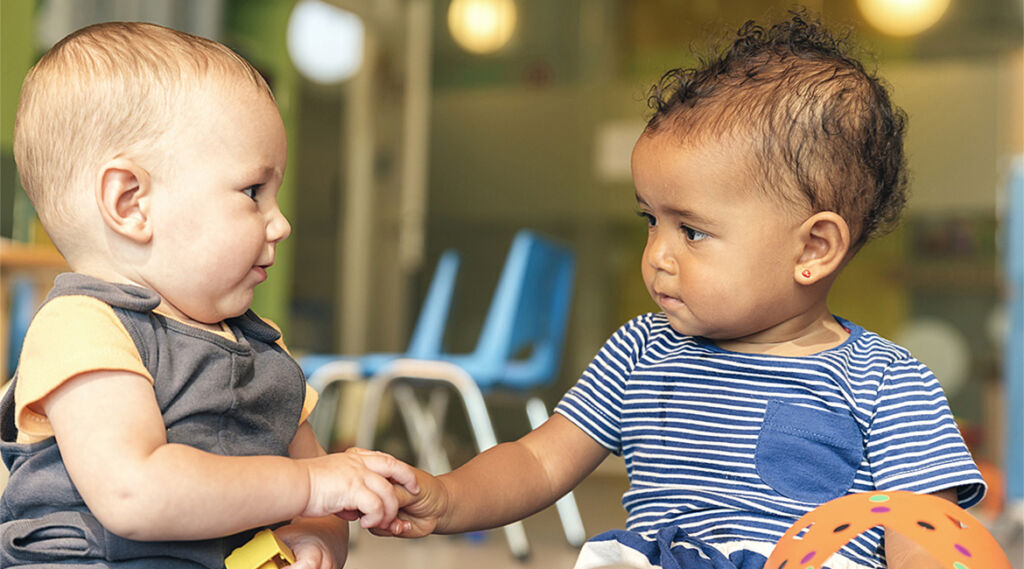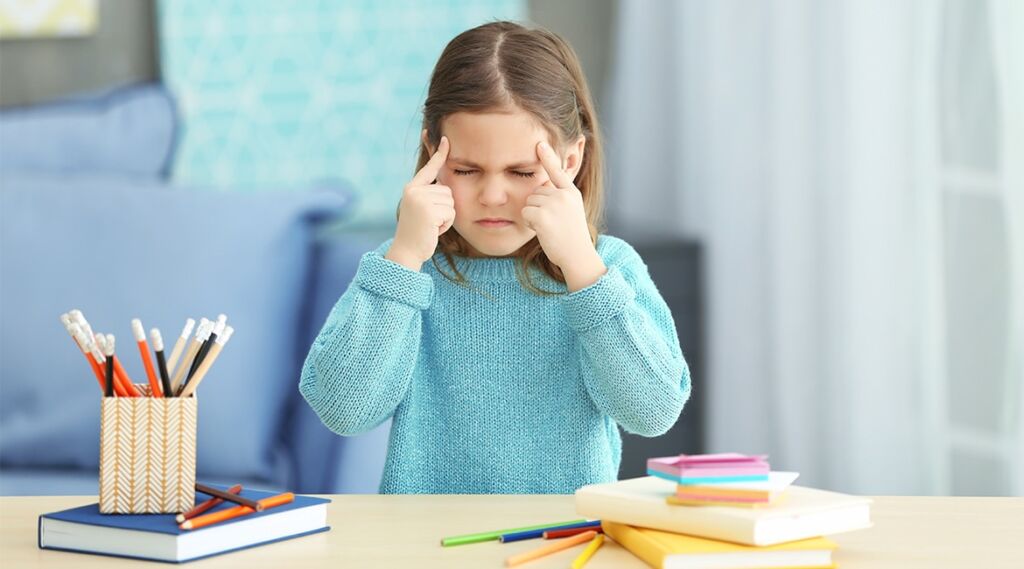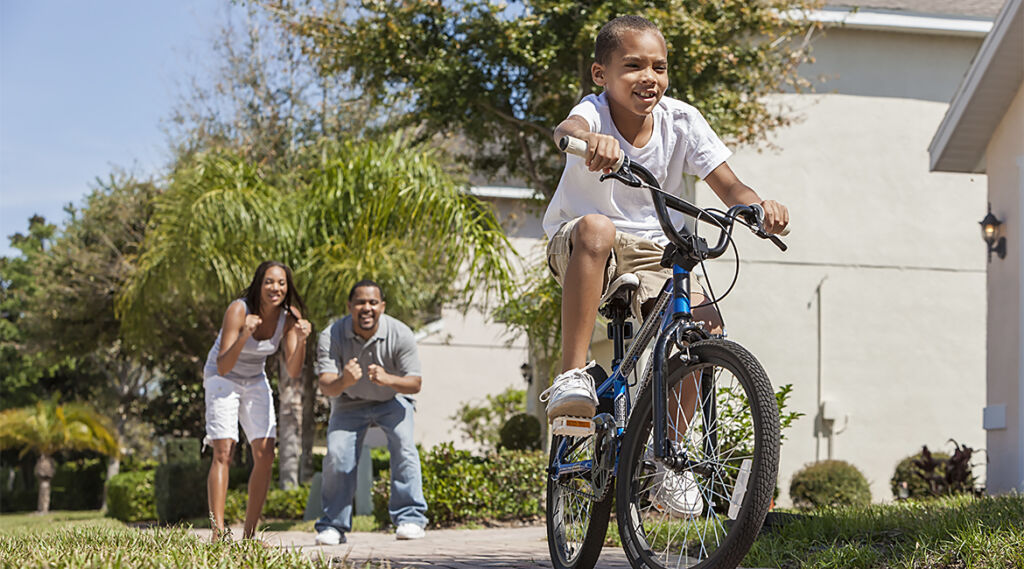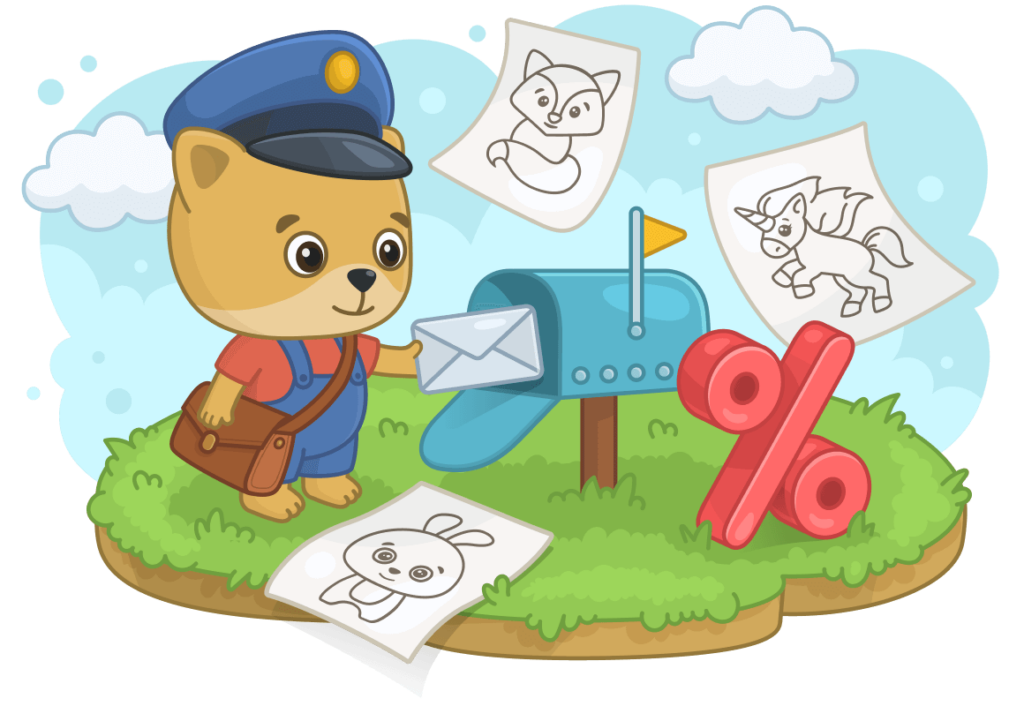Disciplining a child by punishing them is probably not the most enjoyable part of parenting. Usually, it can be tough for parents to decide to punish their young ones, especially after behaving badly.
Although it is not the only way you can instill discipline in a growing child, it is still necessary.
However, you should know how to punish or discipline a misbehaving child properly; this is crucial in raising a mature child.
Ways to Properly Punish a Child
Disciplining children is never easy. It can be frustrating and exhausting, especially when dealing with children that are throwing tantrums or behaving badly.
As a parent, you must always be firm and calm when punishing your child even though they behave inappropriately.
But note that discipline and proper punishments are the cornerstone to every child’s development and will follow them into their adult years.
Here are effective ways you can properly discipline children.
Withhold Their Privileges
Withholding children’s privileges could be by limiting their screen time, playing their favorite games, or restricting them from playing outside temporarily, as a way to discipline them.
For instance, you can keep your child from watching cartoons during the weekends if they do not want to do their homework or refuse to study for a test.
To be clear, you should not withhold misbehaving children’s basic needs, such as healthy snacking or resting as a way of punishment; otherwise, this constitutes child abuse.
Force Them to Restitute
Restitution or telling children to pay back is a way of teaching them that there are consequences for their actions.
Using restitutions is a useful tactic when a child intentionally damages things in retaliation for them not having their way.
Show your child that there are consequences for every rule broken through constructive punishments.
For example, if they purposely destroy properties or spill milk in anger, ask them to either clean up, pay a small fine, or mop it up. This is a good way to teach them how to do the right thing after their wrong behavior.
Time-outs
Sometimes, placing a child in time-out is effective for children. When used properly, time-outs can aid in cooling down an agitated child.
If you haven’t used time-outs as a form of punishment, you can first experiment by using it for minor misbehavior such as when children back-talk, bite people, or do not listen.
Make Them Apologize
Though it’s often overlooked, making children apologize for major misdeeds is a great punishment.
When children apologize, it will positively impact their development as it trains them to be remorseful and on how to maintain healthy relationships in the future.
Early Bedtime
Most children hate sleeping early, so they try to delay their bedtime. Once they start throwing tantrums, send them to bed early, and watch how they immediately stop misbehaving.
How Natural Consequences Can Be Used as A Form of Punishment
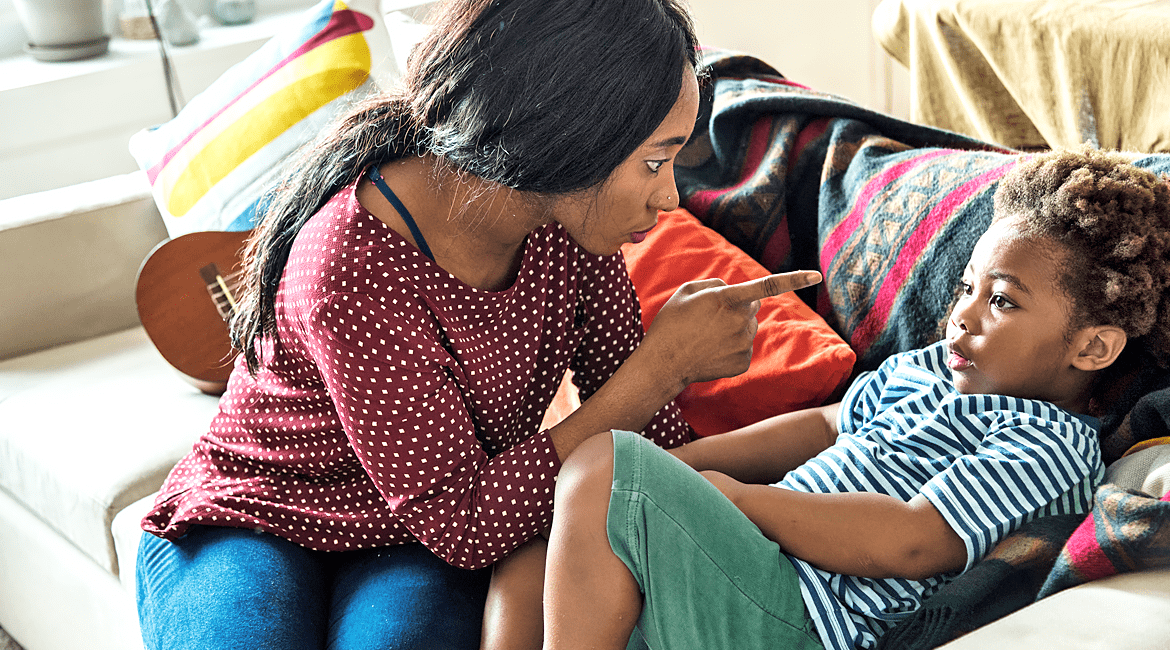
As the name suggests, natural consequences are the inevitable result that happens as a result of your child behaving in a particular way.
Using natural consequences to discipline children teaches them how to learn from their mistakes. As a parent or guardian, you do not need to instill these natural consequences. Instead, you should just get out of the way and allow your child to experience the consequences of their actions.
Allowing children to experience the natural consequences of their misdeed is in their self-interest as it teaches them how to take responsibility for every action. Also, it creates healthy problem-solving skills in children as they are likely to think of ways to prevent that consequence from happening.
How to Discipline Children with Natural Consequences
As it turns out, punishments are not the only way you can successfully discipline a child.
Natural consequences are an effective replacement for the traditional disciplining method.
Especially those periods, you want your child to experience the results of their actions and learn how to recover from their mistakes.
Here are some instances of how natural consequences can be used in disciplining children:
- If your child refuses to wear a coat on a chilly day, allow them to go outside. The consequence would be that he or she would feel cold.
- When children throw tantrums and refuse to eat, they would eventually feel hungry.
- When they do not complete their school assignments, the consequence might be them getting a bad grade and failing.
- When your child deliberately breaks their toy to express their anger, they no longer have that toy to play with.
- When children cheat on a game with their siblings during a game, the natural consequence would be the sibling not allowing them to play with them next time.
- Also, when your 13-year-old stays up late playing video games, he’ll feel tired and sleepy the next day, which would be the natural consequence.
Periods You Should Not Use Natural Consequences
Natural consequences should be used when only where there is no potential safety issue. These consequences are used to teach children how to make better choices and not getting them seriously injured in the process.
There are certain periods where using natural consequences is not practical, especially when its results are detrimental to children’s health and well-being or interfere with others’ rights.
Do not allow children to play in the street, throw rocks at another child, not brush their teeth, or even eat a lot of junk food.
Supervision is necessary with children so you can prevent any potentially dangerous occurrence from happening. Hence, before you allow natural consequences to happen, ensure that children would be able to learn from the result safely.
Conclusion
It is important to remember that the same punishment might not work for another child. What usually works for a 5-year-old won’t be effective on a 10-year-old.
Also, natural consequences should not be used on younger children because they cannot fully understand how consequences are a direct result of their behaviors.
Importantly, since children easily pick up on things, avoid using offensive words while punishing children, even if you are emotional.
